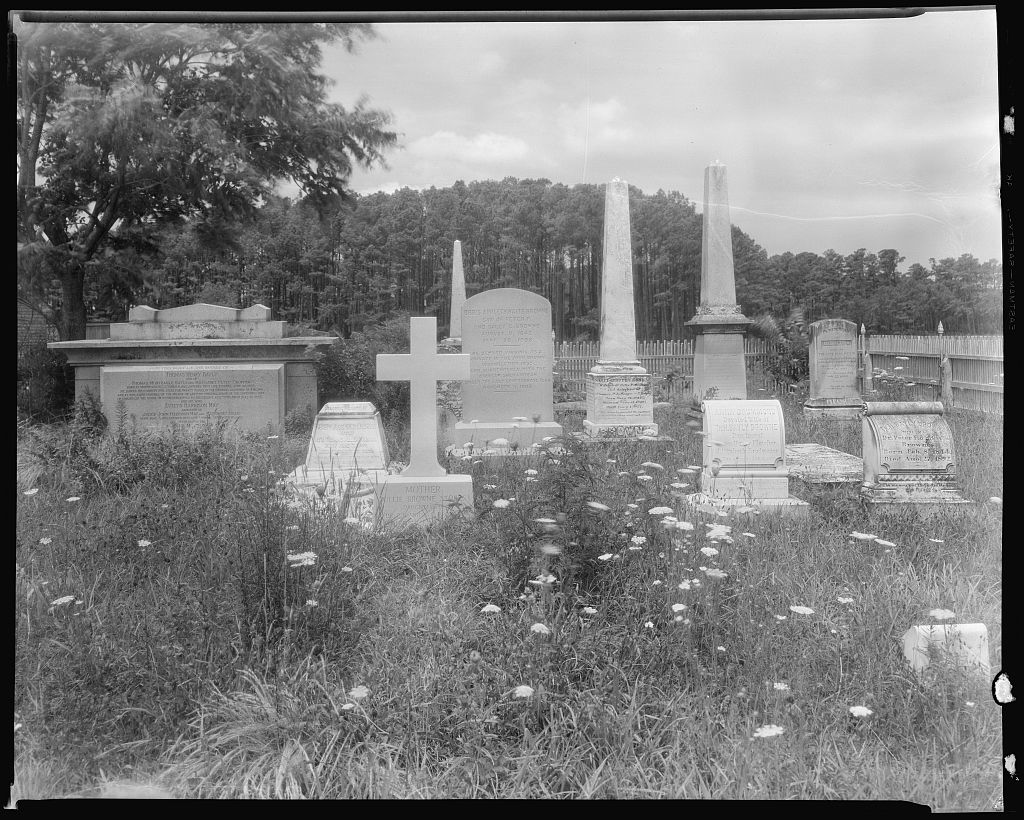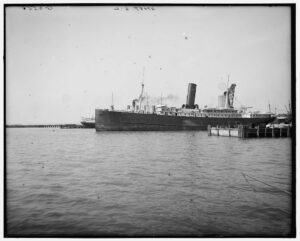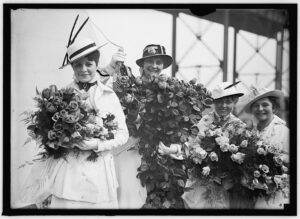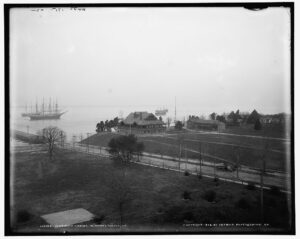Southern Legitimacy Statement: My ancestors wore Confederate gray and stood with Lee at Appomattox. My husband’s folks hailed from Louisiana and I learned to make gumbo and chicken maque choux and boudin from a Cajun lady named Miss Odile. My red beans and rice will make you weep because it’s so fine. I like to ring in the New Year by firing my shotgun no matter what the neighbors think and in New York City, they all thought I had an accent or a mouth filled with brown sugar.
Asleep in the Arms of Jesus
Black was the shade of the season rather than traditional red and green, the stark black of mourning, of grief, of death and dying. It seemed apt if only because the previous Christmas I saw death looking at the world through my father-in-law’s-tired eyes. I knew then that he would not see another Yuletide but he came closer than I thought he might. He died two weeks before the holiday; withered and worn down to skeletal bone and we did not erect a pagan Douglas fir until he lay in the ground.
I couldn’t. If I had, the symbols – one of death and the other of life – might have been intertwined in forever confusion for my children. So we came home each night to the reality of our unadorned living room, to a house that could not yet be festive.
We gave him his gift at Thanksgiving, a heavy but soft throw, a blanket to ward away the inevitable chill of certain death. No one else presented him with a gift and felt bad that they did not. He clutched it like a talisman, carried it along as if it bound him to life. We watched him, thin and raddled with cancer. We wanted him to die.
It’s not as cruel as it sounds. He had no chance to live and the fact he sustained a spark of life force for those terrible weeks beat every odd. His doctors pronounced him as good as death six months earlier but he struggled through the spring, the summer, and then the fall. Hope rose and fell and reared its’ head again but on Halloween, another holiday, all wishful thoughts were killed, sacrificed on the altar of truth.
As we made the rounds with our costumed children, their faces bright with pleasure, bellies round with candy, the word came that he would not live, that he could not. The bright dash and color of fall faded away into winter overnight and we waited, like some carrion crows, watching him.
November is a blur. We rose each morning, we went to work, sent the kids to school, we made supper and love and shopped for groceries. We made the trip to visit and each time he was weaker, he was thinner, he was closer to death. At first he made conversation but that dwindled, as did his spirit. He walked between the fires of two worlds and we watched from afar, unable to join him on his trek. No words of support were said – they were rendered meaningless. His journey was begun. He was on the tarmac, at the dock, waiting at the railroad station, packing the car for the trip.
His clothing sagged and hung, hiding the bones that protruded from the flesh. With strength from within and from his faith he moved through those days and long nights, dying a bit more with each rotation of the clock.
At Thanksgiving, we held a family feast. We sat and pigged out on ham, on cake, on pie, pretending that it was a good old-fashioned celebration, that nothing was wrong. We sat on the back steps and smoked while he slept, dozing and debating with death. Our talk was of the past, of high school, of children, of the trees but not of the fate that hung in the balance.
December arrived with the jangle of faux sleigh bells, with shopping mall special sales, with white trash houses decked in more light bulbs than GE, and Santa Claus. The jolly old elf was not the face we saw in the shadows – that was the visage of death, a grinning white skull with empty eye sockets robed in black. He was coming, his bony finger beckoned to our patriarch and we knew it. We hid our faces in the pillows, we stared into the flames of the fireplace, and we watched mindless and banal television so that we would not think.
Waiting was hard – harder for my father-in-law but it was difficult. By the end, we prayed to a merciful God to take him home, to let him sleep in the arms of a loving Jesus. At the last, God himself might have known what he prayed for but we didn’t. His body continued but his mind faded, traveling ahead to some distant place and then, one day, he died.
There was a Christmas tree bedecked with gold in the foyer of the funeral home, the one downtown that was once a banker’s fine mansion. Garlands decked the walls and there was an evergreen wreath tied with a red bow on the double doors. Because it was the season, many of the floral tributes that filled the room with their sad stench were blood red poinsettias, Mexican flowers that now remind me of death.
I wish that I could say that the family came together, that we embraced and loved and supported one another but it would be a lie. It wasn’t an episode of The Waltons but a soap opera, daytime dish that dishonored our dead even as we acted, reacted to reality.
Ex-wives swooped in like vultures seeking another crisp morsel to take to their tables of bitterness. Preachers pounded their Bibles and urged the mourners to lay down their heavy burdens as we shivered in a makeshift tent from arctic winds that buffeted us and killed the fresh flowers dead. I caught the flu and spent the next weeks fighting pneumonia, walking wounded into the next year in both body and spirit.
We put up a tree and made dinner and tried to laugh. Santa Claus came but I couldn’t tell you what he brought or what I received. I know that I donned a red shirt and longed for the guests to depart, that I watched my children drift in a tide of colored wrapping paper, and that I did not cry. Not then but once, once earlier at the funeral home (why do they call it a home? It’s not – it’s a shipping dock for eternity but never a home.)
The defining moment of the entire event came when my son, my baby, a boy of just three leaned over his grandfather’s casket and poked him with a playful hand.
“Wake up!” he said his voice jaunty and sure in the knowledge that this familiar old man would rise like Lazarus from the dead. “Wake up!”
His voice piped like a merry tune as we wept, as hot tears scalded our faces and scarred our hearts. I lacked the words to tell that child that he wouldn’t wake this time, that he wasn’t playing possum but neither did I have the faith to speak the words, to say that his grandfather slept in the arms of Jesus.
I couldn’t say the words. They refused to form and remained unspoken. I couldn’t say them. Could you?
At the cemetery the land lies flat and sweeps toward the horizon. Six feet beneath that rock strewn soil lies the mortal remains but I think his spirit soars free, high into the heavens or back into the bayous to fish. Two graves down, a cedar tree – a graveyard pine –flourishes over his father, an earlier generation, a pagan Christmas tree born of nature. It celebrates nothing and everything. It’s eternal and so, I hope, are we.







